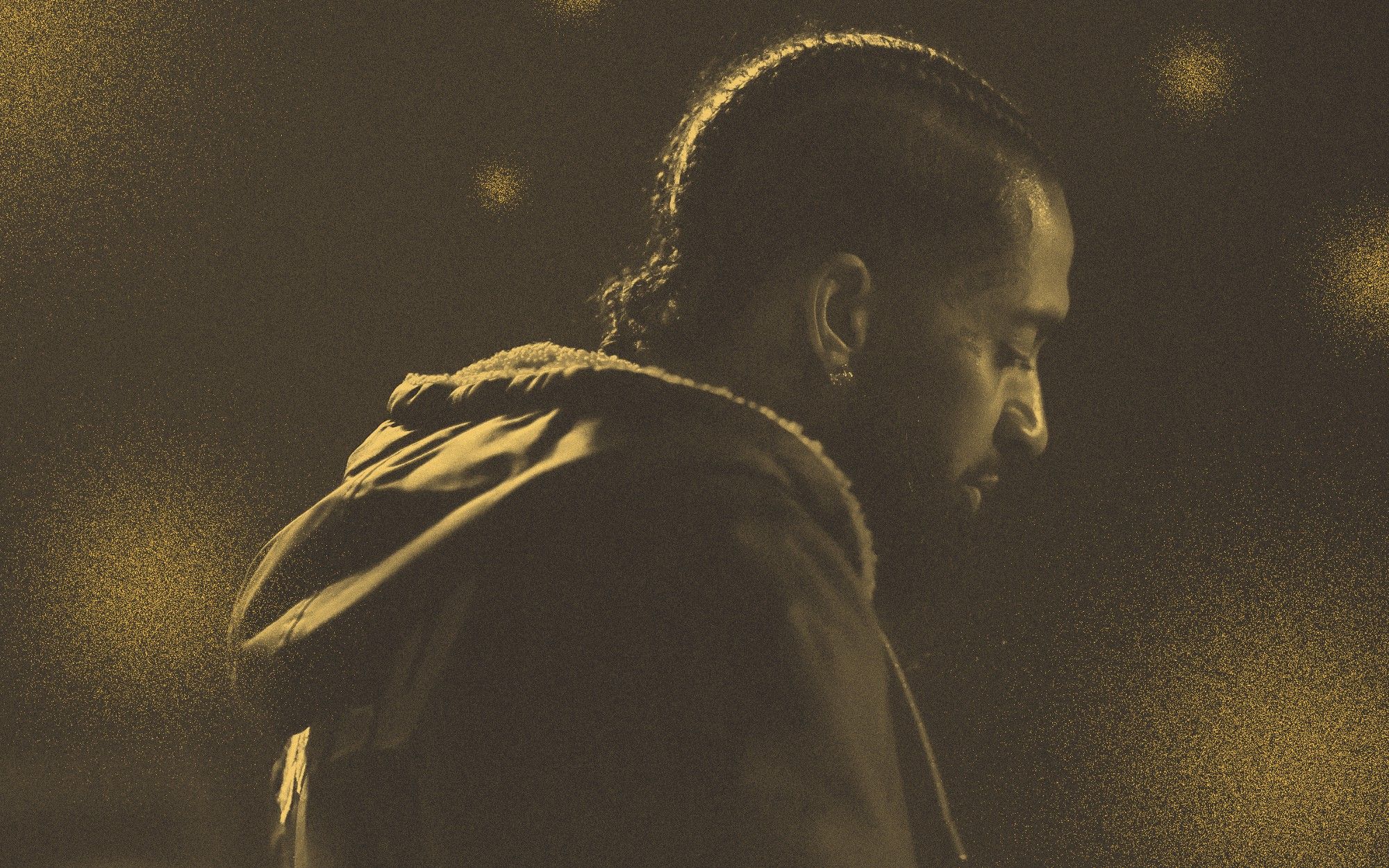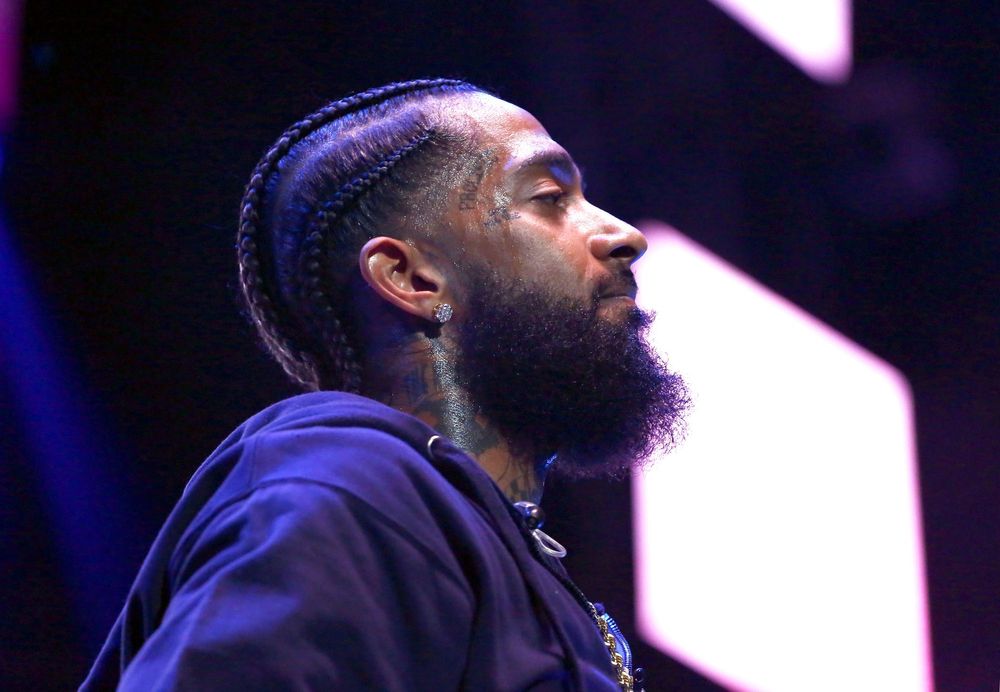After three years, Nipsey Hussle’s killer has been brought to justice.
As reported today (July 6) by ABC News, a jury found Eric Holder Jr. guilty of first-degree murder. He was also convicted on two counts of attempted voluntary manslaughter and possession of a firearm. He is set to be sentenced in September.
The shooting unfolded on March 31, 2019. That afternoon, Nipsey had been meeting friends and fans in the South Crenshaw shopping center he’d recently purchased. After a tense conversation, Holder shot Nipsey 10 times, also wounding two of Nipsey’s associates. The rapper died at California Hospital Medical Center that same day.
While Holder’s conviction brings the case to a close, it doesn’t necessarily mean closure for Nipsey’s fans, friends, and family. The shooting—which was captured on camera and replayed for the world to see—was a heartbreaking display of callousness toward a beloved man and musician that took place in front of Nipsey’s Marathon clothing store, an emblem of his impact and investment in his own community. His homegoing service, hosted at the Staples Center in Los Angeles, united those in the city and beyond in grief.
Nipsey should have been able to leave his home without security. He should have been able to walk away from a disagreement unscathed. He should still be able to share his mind and music with the world. He should still be home with his wife and children.
At the time of his death, Nipsey was as dedicated to his community work as he was to his artistry. In 2018, he invested in a STEM learning center for the Crenshaw community that raised him. He fought back against the gentrification that was threatening to upend his city. At his Marathon clothing store, he employed felons who would have otherwise had a difficult time finding steady work.
“Growing up as a kid, I was looking for somebody—not to give me anything—but somebody that cared,” Nipsey told the Los Angeles Times. “Someone that was creating the potential for change and that had an agenda outside of their own self interests.”
Nipsey, a member of the Rollin 60s Crips, had been trying to offer other avenues to his native locale.
“I grew up in gang culture,” he told The Times. “We dealt with death, with murder. It was like living in a war zone, where people die on these blocks and everybody is a little bit immune to it. I guess they call it post-traumatic stress, when you have people that have been at war for such a long time. I think L.A. suffers from that because it’s not normal yet we embrace it like it is after a while.”
The city of Los Angeles, the hip-hop world, and the Black community at large continues to grieve Nipsey Hussle, as the losses of other young, talented Black artists continue to mount.
Holder’s conviction is technically justice, but it will always feel inadequate. Nipsey should have been able to leave his home without security. He should have been able to walk away from a disagreement unscathed. He should still be able to share his mind and music with the world. He should still be home with his life partner and children.
Holder’s conviction isn’t closure, but for now, it will have to do.


